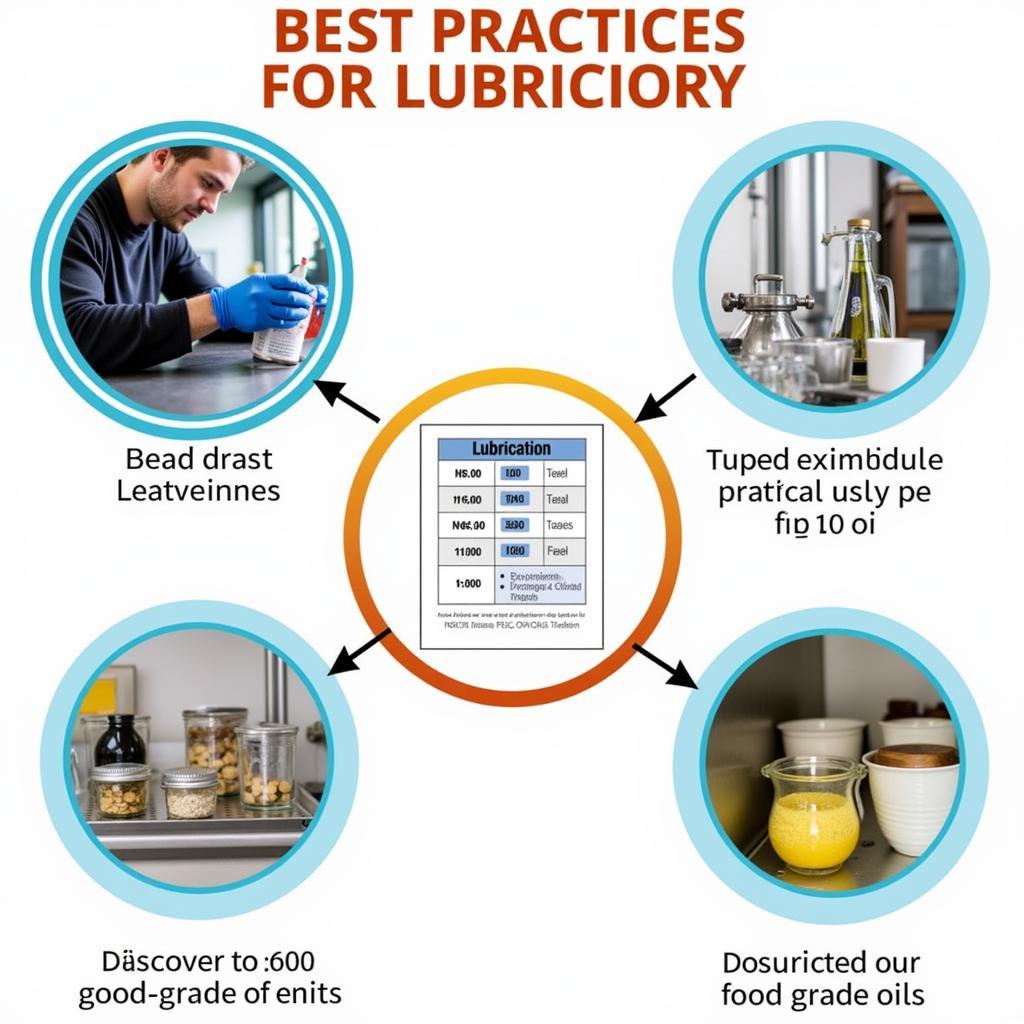Ensuring the safety and integrity of food products is paramount in the food processing industry. From farm to table, every step requires meticulous attention to hygiene and sanitation. One often overlooked but crucial aspect is the use of Food Grade Machine Oil. These specialized lubricants play a vital role in keeping machinery running smoothly while preventing contamination risks.
Understanding Food Grade Machine Oil
Unlike conventional industrial lubricants that may contain harmful chemicals, food-grade machine oils are formulated using ingredients approved for incidental food contact. This means they are safe even if they come into direct or indirect contact with food during processing.
Food grade machine oils are classified by the National Sanitation Foundation (NSF) based on their potential for food contact:
- NSF H1: Lubricants for use in areas where incidental food contact is possible.
- NSF H2: Lubricants used in equipment and machinery with no possibility of food contact.
Choosing the correct NSF grade is crucial to ensure compliance with safety regulations and maintain the integrity of food products.
Why Food Grade Machine Oil is Essential
In food processing environments, machinery is subjected to extreme conditions, including high temperatures, moisture, and exposure to food particles. Food grade machine oil provides essential lubrication to:
- Reduce friction and wear: This extends the lifespan of machinery and prevents costly downtime.
- Prevent corrosion: Food-grade lubricants protect metal parts from rust and degradation caused by moisture and acidic food products.
- Improve energy efficiency: By reducing friction, these oils allow machines to operate more efficiently, lowering energy consumption.
Choosing the Right Food Grade Machine Oil
Selecting the appropriate food-grade lubricant depends on several factors:
- Application: Different machinery parts, such as bearings, gears, and chains, require specific oil viscosities and properties.
- Temperature: Extreme temperatures necessitate oils with high thermal stability to prevent degradation and maintain performance.
- Food Compatibility: Consider the type of food being processed to ensure the oil does not affect the taste, smell, or appearance of the final product.
Consulting with a lubrication specialist or referring to the equipment manufacturer’s recommendations is essential for making informed decisions.
Food Grade Lube: A Safe Solution for Snack Bag Sealing
For businesses specializing in packaged food items, ensuring the safety and freshness of their products is paramount. Using a food grade lube for sealing snack bags provides an extra layer of protection and peace of mind. These specialized lubricants are designed to prevent sticking and ensure a secure seal without compromising the quality of the food.
Maintaining Food Safety with Proper Lubrication Practices
While using food-grade machine oil is crucial, implementing proper lubrication practices is equally important:
- Regular Inspections: Inspect machinery regularly for leaks, wear, and contamination.
- Lubrication Schedules: Establish and adhere to strict lubrication schedules to ensure optimal performance and prevent issues.
- Proper Storage: Store lubricants in a clean, dry environment away from direct sunlight and extreme temperatures.
- Employee Training: Train employees on the importance of food-grade lubricants, proper handling procedures, and potential contamination risks.
 Proper Lubrication Practices in Food Industry
Proper Lubrication Practices in Food Industry
Food Grade Machine Oil: A Wise Investment
Investing in high-quality food grade machine oil is an investment in the safety, efficiency, and reputation of your food processing business.
“Using the correct food-grade lubricant is non-negotiable in our industry,” says John Miller, a food safety consultant with over 20 years of experience. “It’s not just about compliance; it’s about producing safe, high-quality food products that consumers can trust.”
Conclusion
Food grade machine oil is an indispensable component of modern food processing, ensuring the smooth and safe operation of machinery while upholding stringent hygiene standards. By understanding the different types, applications, and best practices, food manufacturers can make informed decisions that prioritize both efficiency and consumer safety. Remember, choosing the right lubricant is not just about keeping machines running; it’s about maintaining the integrity and trust consumers place in the food they consume.
Need assistance choosing the right food grade machine oil for your needs? Contact us at 02437655121, email us at minacones@gmail.com, or visit us at 3PGH+8R9, ĐT70A, thôn Trung, Bắc Từ Liêm, Hà Nội, Việt Nam. Our 24/7 customer support team is ready to help.